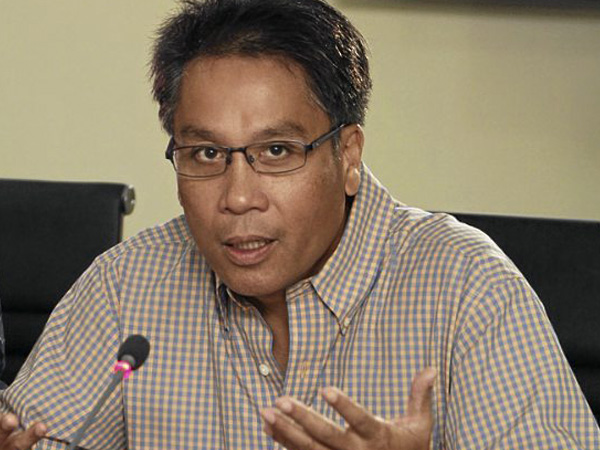MANILA, Philippines—”Aggressive diplomacy” is the only viable option for the Philippines to end the crisis in Sabah that left at least 60 dead and sent hundreds of others residing in the disputed island fleeing for safety, according to Cabinet officials.
The crisis has entered its fifth week without any signs it would be resolved soon. But Interior Secretary Manuel Roxas said Sunday that communication lines between President Aquino and Malaysian Prime Minister Najib Razak remained open.
“[Let’s] continue … reaching out and [appealing] to Malaysia,’’ Roxas said when asked if the government was exploring other ways to end the violence sparked by the February 9 incursion into Sabah by 200-odd followers of Sulu Sultan Jamalul Kiram III led by his brother Agbimuddin Kiram.
Pressed further, Roxas said: “Aggressive diplomacy is our only viable option.”
Over the last few weeks, concerns grew over the fate of Agbimuddin and his followers, especially the wounded, as well as the safety of the estimated 800,000 Filipinos living and working in Sabah.
The standoff led to a firefight on March 1, and an air and ground assault against Agbimuddin’s group that left at least 60 dead. As Malaysian police cracked down on Agbimuddin’s followers, more than 2,000 undocumented Filipinos have sailed back to Mindanao for fear of arrests.
So far, Malaysia has not acceded to long-standing Philippine requests to allow a “humanitarian ship” to dock in Lahad Datu to attend to the wounded, and ferry back home Filipinos who wanted to go home.
But officials indicated that there was no reason to press the panic button yet, since Mr. Aquino and Najib were in touch.
“P-Noy (Mr. Aquino) and PM Najib lines are open and robust,” Roxas said in a text message when asked if the situation has reached a point for Mr. Aquino to phone Najib to allow Philippine humanitarian team access to the wounded and the rest of distressed Filipinos in Sabah.
The lines between Foreign Secretary Albert del Rosario and his Malaysian counterpart were also open, he added.
Secretary Herminio Coloma of the Presidential Communications Operations Office agreed that diplomacy remained the best tack to peacefully end the standoff.
After all, he pointed out, Malaysia has been a long-time partner of the Philippines in bringing about peace in Mindanao.
“Again, we can’t look at it separately from what has been an ongoing peace process in which Malaysia is our active partner,” Coloma said by phone. “You have a current joint project for achieving complete peace in Bangsamoro. Why disrupt it with another issue that has long been dormant? We have to ask ourselves: where is the rhythm and flow of our bilateral relations? Our common concern is to form Bangsamoro. This is not to deny that there is a latent, dormant issue.”
Like Roxas, Coloma said there was an “ongoing dialogue” between Philippine and Malaysian officials over bringing a peaceful end to the standoff.
“My overall impression is that there are continuing and ongoing conversations and consultations between the two countries and these are being carried out by the DFA,” he said. “Relations have not been significantly affected by this.”


